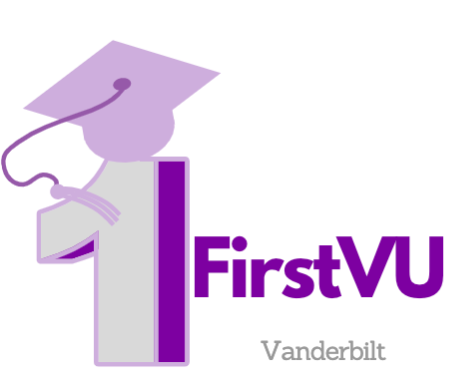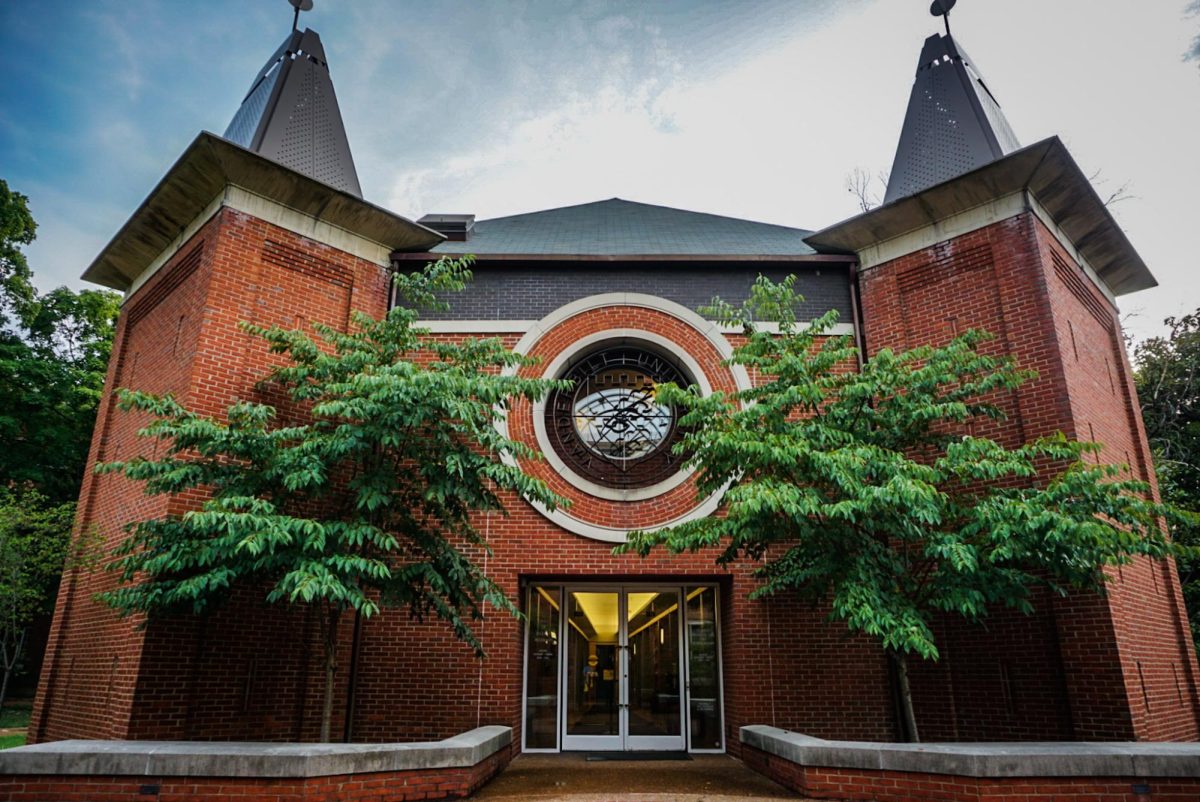To the outside world, Vanderbilt presents as an inclusive home away from home, a safe haven for students at all socioeconomic levels (primarily due to the incredible funding of Opportunity Vanderbilt). The administration does a fantastic job of marketing the Vanderbilt experience as one of a diverse, welcoming and accessible place. The reality, however—particularly for first-generation students—is quite different.
First-generation college students comprise a third of total college-goers nationwide and more than 20 percent of the over seven million undergraduates at four-year institutions. Their importance for university success cannot be overstated. First-generation students have demonstrated unparalleled resilience, grit and determination in their journey towards their first year at Vanderbilt.
First-generation student success, feelings of inclusion and graduation rates are key indicators for a university’s standing; therefore, first-generation students’ unique challenges require unique attention. Many universities have offices exclusively for assisting first-generation students, staff members dedicated to their success and millions of dollars in funding for this unique group. Ivy League schools all have them; most state schools contain these offices and recently, Boston University dedicated $6 million towards a new office for first-generation students. Clearly, our peer institutions and institutions at large have recognized the importance of supporting first-generation students and created institutional arms of support to help sustain students’ abilities to thrive and succeed while in university.
Unfortunately, Vanderbilt is lacking this institutionalized and university-funded framework of support.
First-generation students must adapt to college life on their own; we have taken up this burden—and more —by becoming our own advocates in the fight for institutional change at Vanderbilt. As president of FirstVU, I have engaged extensively with Vanderbilt’s administration to try and bring this framework of institutional support to our home. Vanderbilt does not provide a list of first-generation students to FirstVU or any other groups; as a result, Vanderbilt undergraduates must self-identify as first-generation and join FirstVU to have access to any of the resources that we offer. Currently, our membership is around 150 students.

We know there are more first-generation students than that at Vanderbilt, but we cannot bridge the gap without access to this information.
Lacking the institutional backing for first-generation students present at most of our peer institutions, many students fall through the cracks of support at Vanderbilt. Struggling to adapt to campus life is difficult for nearly all students, but first-generation students are forced to face this tumultuous reality alone, without the support of parents who can provide their seasoned advice. Without institutional support, first-generation students do not know where to turn when institutional barriers arise to their success, such as questions regarding financial aid, social networking or acclimating to campus.
Recognizing the importance of first-generation communities is step one. Luckily, Vanderbilt has done this in its outward-facing approach. Through the advocacy efforts of FirstVU, we have added first-generation specific resources to the Parents and Family Programming website, the Career Center, the Global Education Office and the Tutoring Center. In doing so, we have harnessed existing structures to create spaces of recognition where there may not have been beforehand. The outcomes, while incredible in the fight for recognition, prove slim in the greater fight for additional substantive avenues of change.
How students feel the university treats them is incredibly important to student happiness, retention and school pride. There are also long-term impacts—emotional, psychological and physiological—of feeling excluded or unsupported that first-generation students may struggle with. Secure, supported and confident graduates will do better in the workforce than those who are insecure in their value due to institutional disregard. To make successful first-generation alumni, Vanderbilt must prioritize their well-being during the four years of their matriculation. To compete with the top talent and educational goals of our peer institutions, we can not fail in these key indicators of support.
When Vanderbilt forces students to pay to stay on campus during winter break, for example, it fails to recognize the importance of creating a welcoming communal space on campus and with the Vanderbilt community at large. For many first-generation students, life outside campus may not easily offer the basics of shelter, food and a working internet connection.
When students are required to detail their situations at home to request additional funding—as with the Hardship Fund and requests to stay on campus free of charge—Vanderbilt implies that students must prove themselves worthy of access to Vanderbilt’s resources.
For many first-generation students, reiterating their low-income experience or coming from difficult backgrounds is both mentally taxing and emotionally challenging. Asking students to continually prove their worth of access to Vanderbilt’s avenues of support leaves students feeling as though the university’s support is contingent on their outside realities, and pushes students away from school pride and towards frustration with administration. Rather than simply offer support and care, Vanderbilt obliges students to directly outline their needs and realities so that they can provide the bare minimum to cover what the university must. Unfortunately, many students do not know what to ask for, are frustrated with continuous requests to voice their misfortunes and are left on the sidelines, even when avenues of support are offered.
In addition, the few sources of support that the administration does offer simply aren’t advertised or shared in effective ways to reach the student populations that they could most positively impact—such as first-generation students. Distribution of resources such as these relies on word of mouth and an active search for avenues of support.
In regard to healthcare, for example, for students that are unable to pay the fee for Student Health Insurance plan, there is a Request for Additional Financial Assistance for Vanderbilt Health Insurance form that can be completed with the Office of Student Financial Aid and Scholarships. This can be used to possibly cover the cost if they meet the guidelines, which include that the student is on the plan out of necessity.
I have personally engaged with dozens of members of the administration and faculty who are eager to help and excited about the possibility of better supporting first-generation students. Their eagerness, however, is limited to their respective abilities and roles, none of which are to exclusively serve first-generation students. Dean Melissa Gresalfi, Dean Frank Dobson and Dr. Franklin Ellis have been notable allies in our striving towards greater systems of support. Importantly though, the issue at hand is not one that we can solve without a change in culture, community and administration at large.
What we need is a prioritization of student welfare over institutional profits, positive affirmations of first-generation importance and a lasting dedication to student success. We need to eradicate Vanderbilt’s performative inclusion. We must expose the inauthenticity of administration’s outward-facing claims of financial inclusivity as what it is: a front of acceptance and inclusion to the outside world that ultimately leaves students to fend for themselves once on campus.
—–
In an effort to amplify first-generation voices, we call on Vanderbilt students, alumni, faculty, and staff to share your First-generation experience with us, so that your voice can be highlighted on our new website, worked on in collaboration with Questbridge. If you are a first-generation alumni, you can join the growing network here; If you are a first-generation faculty member, you can join the growing network here.
















